Articles 32-B Ter, 32-B Quater, and 32-B Quinquies of the Mexican Federal Tax Code provide the obligation of identifying the Controlling Beneficiary (“BC”), as well as collecting and retaining their information through current records. This obligation includes adopting internal legal procedures and using reliable documentation to support the information and actions taken to comply with such fiscal provisions and justifying when a BC cannot be identified. All such information must be compiled into a Compliance File, forming part of the company’s accounting records and be available to the Tax Administration Service (“SAT”) upon request.
While this obligation became effective as of January 1, 2022, the proper identification of the BC and preparation of the Compliance File are critical to ensure compliance with tax obligations and avoid penalties.
As part of its master plan for collection and audit activities, the SAT has announced a significant increase of inspections, particularly focusing on compliance with the BC obligation and the Compliance File.
In light of the tax audits expected for the 2025 fiscal year, it is essential for companies to implement a framework to evaluate their status with respect to their Compliance File and the correct identification of their BCs.
Failure to comply with these obligations may result in substantial fines of up to $2,249,000.00 MXP (approx. USD$107,607.00 at current exchange rate) for each BC not properly identified, among other consequences.
For any additional information and legal advice related to compliance with this obligation, please contact the attorneys of our corporate-tax practice group:
carlos.murillo@diazigareda.com
silvia.robles@diazigareda.com
































